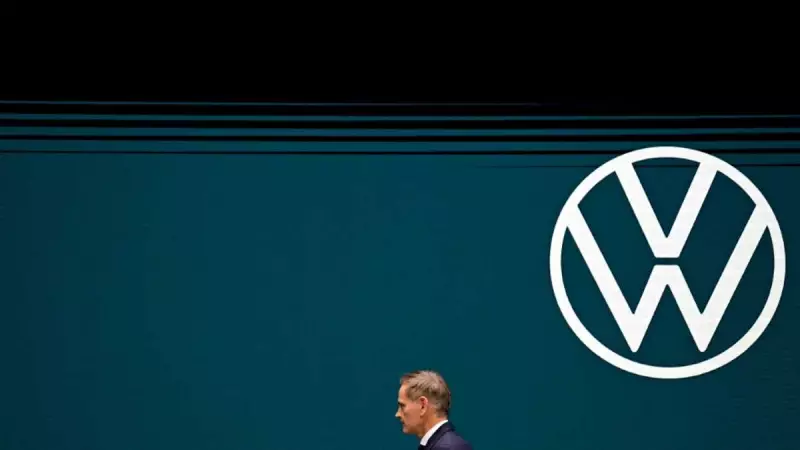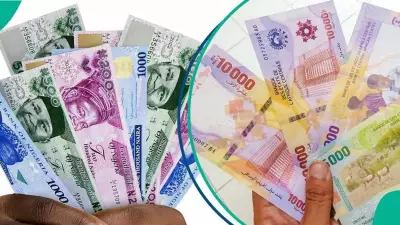
German automotive titan Volkswagen is navigating turbulent waters after reporting a shocking €1 billion operating loss during the second quarter of 2024. The company's financial performance has sent shockwaves through the global automotive sector, highlighting the intense pressure facing European car manufacturers.
Double Trouble: EU Tariffs and Porsche Woes
The massive financial setback stems from two primary challenges that have converged simultaneously. The European Union's decision to impose tariffs on Chinese electric vehicles has created significant uncertainty for Volkswagen, which maintains substantial operations and market presence in China. Meanwhile, ongoing issues within their premium brand Porsche have further compounded the company's difficulties.
China Tariff Impact
Volkswagen's extensive investments and manufacturing footprint in China have become both an asset and a liability. The escalating trade tensions between the EU and China threaten to disrupt the delicate balance the company has maintained in the world's largest automotive market. Industry analysts suggest these tariffs could fundamentally reshape how European automakers approach their Chinese operations.
Porsche's Performance Drag
The luxury subsidiary Porsche, traditionally a high-performing segment of Volkswagen's portfolio, has encountered unexpected challenges. While specific details remain under scrutiny, the brand's contribution to the overall loss indicates broader issues within the premium vehicle market that could signal changing consumer preferences or supply chain complications.
Market Reaction and Future Outlook
Financial markets have responded cautiously to Volkswagen's announcement, with shares experiencing volatility as investors assess the long-term implications. The company's leadership faces mounting pressure to implement strategic adjustments that can navigate the current geopolitical and economic landscape.
Industry experts suggest that Volkswagen's situation reflects broader challenges facing the European automotive industry. The transition to electric vehicles, changing global trade dynamics, and evolving consumer demands are creating a perfect storm that even established giants like Volkswagen are struggling to weather.
As the automotive world watches closely, Volkswagen's response to this crisis could set the tone for how traditional manufacturers adapt to the rapidly changing global automotive landscape. The coming quarters will be critical in determining whether this €1 billion loss represents a temporary setback or signals deeper structural challenges for one of Germany's industrial champions.






